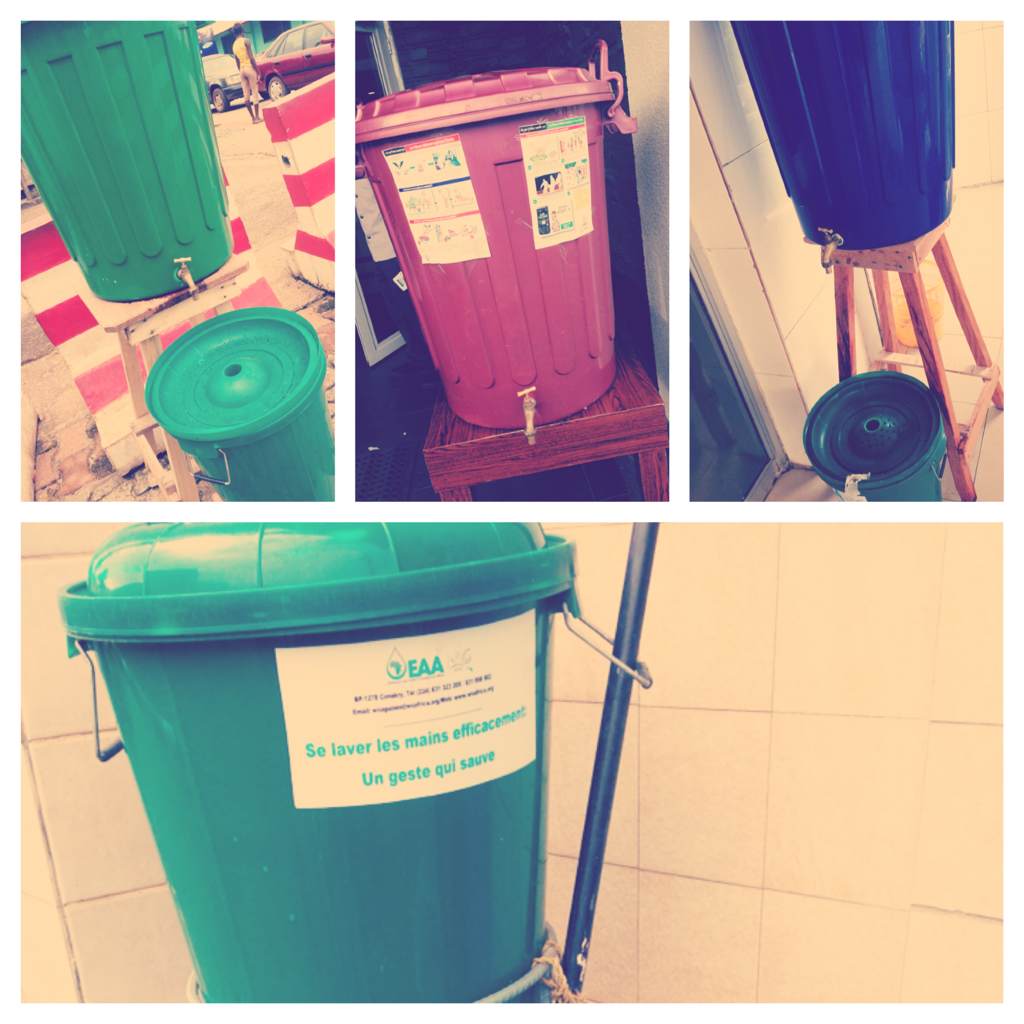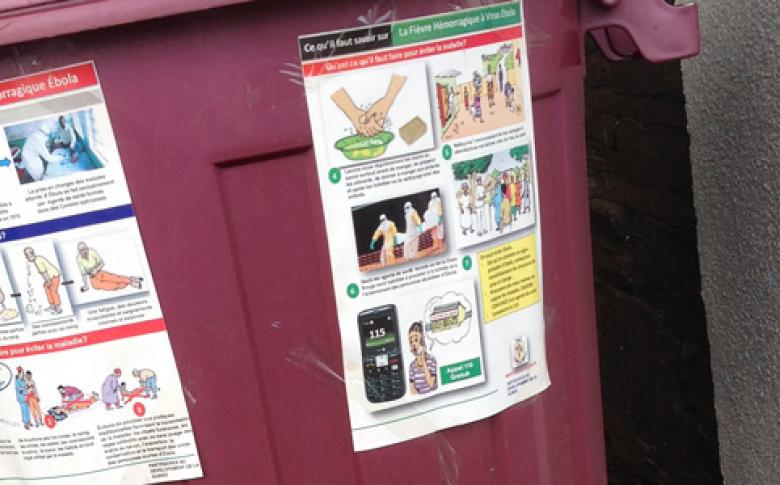
EBOLA

As a Kiwi Australian, sarcasm is not new to me. Nor is exaggerating a bit to embellish a story. When I’ve had the sniffles in the past, I am definitely guilty of having complained that I had Ebola.
Right now, however, I’m deployed in Guinea where the first cases of the current Ebola epidemic were detected. Suddenly I find my tales of sniffling woes a lot less entertaining.
An outbreak of the Ebola virus was first reported in Guinea in March this year. The virus has since rapidly spread to neighbouring Liberia and Sierra Leone, sparking a regional crisis. The epidemic is unprecedented in scale and geographical coverage and is already the worst outbreak of the virus in history. Over 2,400 people have already lost their lives to Ebola.
Again, like anytime something sinister affects a country which is unable to fend for itself, the humanitarian community is flying in to support. Flying in to this one is a little more difficult though, not because of the damage on the ground, like after Typhoon Haiyan, or because of the conflict like Syria, but simply because airlines do not want to come here for fear of contracting the deadly virus.

Life is pretty much ‘as normal’ in Conakry though, with the exception of the abundance of hand-washing stations and sanitizer. There are hand-washing stations all over town. Whenever you enter a building, you should wash your hands. Coming from the West, hand-washing is something we’re brought up with so at least here I don’t need to worry so much about people not washing their hands after using the bathroom. They won’t get very far until someone splashes highly chlorinated water at them, or squishes antibacterial gel into their palm.
In terms of ICT, there is a lot to be done. As usual, the rapid influx of humanitarians stresses the infrastructure and services in place. Because there has been no ‘damage’ as such, GSM and 3G coverage is thankfully still widely available from a number of providers. For the inter-agency community, the biggest demand right now is on security telecommunications. Just in the last week the number of attacks against humanitarians has unfortunately increased so these radio networks are even more important.
The inter-agency Ebola appeal and Ebola roadmap address not only the medical requirements of the operation, but also include measures to lessen the longer term social, economic, development and security impact of the outbreak. This is definitely not an everyday type of emergency operation.
So now when someone says “it’s safe, it doesn’t have Ebola on it”, I no longer find it entertaining and am genuinely grateful for the clearance.
By Mariko Hall, deployed as ETC Coordinator, Guinea